AD SANCTOS
Ad Sanctos
a choral performance work
bpNichol/words
Howard Gerhard/musicThe Martyrology
Book 9
1986-87
Text 1993 the Estate of bpNichol
Music 1993 Howard Gerhard This epub edition published in 2010. Electronic ISBN 978 1 77056 004 8. Published with the assistance of the Canada Council, the Ontario Arts Council and the Department of Communications. The writing of
Ad Sanctos was made possible by a grant from the Music Theatre Development Program of the Ontario Arts Council. Canadian Cataloguing in Publication Data Nichol, B. Title. II. II.
Title: The martyrology, book 9. PS8527.I32A74 1993 C811.54 C92-095508-8
PR9199.3.N48A74 1993 for R. Murray Schafer & John Beckwith
CONTENTS
bpNichol
preface bpNichol
Ad Sanctos: words Howard Gerhard
Ad Sanctos: music bpNichol
production notes
PREFACE
bpNichol
AD SANCTOS
a music/theatre piece with Howard Gerhard
ACT I: We hear the tail end of a play (last scene of a pageant) as a final cart loaded with actors rumbles out of the area we are watching in. There is a distant flourish of trumpets, a moments stillness, and then a troupe of 4 or 5 rag-tag players comes rushing into the space. The leader calls on us to wait, not to leave just yet, that as a special treat they will put on a small performance for us. He explains they are poor pilgrims on their way to be buried by the tomb of their favorite saints and that they seek, thru pleasing us with their performance, to find funds for the long journey.
Even as he talks more of the same group straggle onto stage until there are some twelve people assembled there. One of them now begins a small sermon on the virtue of virtue but is frequently interrupted as there is much arguing among themselves as to what constitutes virtue and a fair amount of name-calling re the shenanigans X or Y has been up to in the last few days. The narrator becomes anxious that we will become bored and tries to hold our attention with jokes, etc. and then persuades various members of the troupe to come forward and tell their story. This they do with their interjections and corrections from the other members standing around, but this way some four or five stories get told and some notion of the saints they go to be buried by. But as this information accumulates there is new consternation, the sudden realization that there are simply too many saints, that those going to the nearest ones (as it were) will reap all the benefits of the struggle but that others will be left out, end up travelling on their own thru hostile lands.
A literal fight breaks out with much punching and name-calling. But out of this a compromise is arrived at; they will all travel to be buried by the tomb of the same saint. Now it remains to choose which saint, a saint they can all agree on. The list is quickly winnowed down to only one obvious choiceSt. Valentine. Everyone is happy with this.
The man who first spoke to us thanks us for our attention and kindness and says: When next we meet may it be in Rome by the tomb of St. Valentine. Everyone exits through the crowd asking for donations. ACT II: Members of the same troupe come staggering in. The same man says to us: Ah, we meet again. We have travelled far looking for this grave.
He goes on to say they draw near their goal and different members are out looking for the appropriate grave. We hear different feelings from different members of the group about the pleasure of finally being able to rest at the foot of St. Valentine etc., more about their desires for this life and the next, the things that have drawn them on this pilgrimage. One of the people whove been searching comes rushing in from the left to say that he has found the grave. Mighty shouts & hosannas go up & the whole group begins a song of praise. As they prepare to exit towards the grave another member of the troupe comes rushing in from the right to say she has found the grave, a different grave from the first! Consternation and despair.
Arguments & dissensions begin as to which is the true grave and which, therefore, the one they should die & be buried by. The group divides into three camps: one exits to the right to die & be buried by the second grave; the third, three people, remains in the middle of the stage. If the heart is divided even here, then this is a sign. There is no peace in escaping into death. The three turn and head off, back into the world. the inclusion of the conductor as a character, i was hoping we could get away without a conductor but its become obvious we cant, and i dont want the conductor to stand outside the piece, its important that he/she be included as part of the dramatic action of the work. bpNichol
October 1987
AD SANCTOS: WORDS
bpNichol
Setting A public gathering place near the Flaminian Way, Rome.
Time Unspecified.
Charactersi, carries a pitch pipe
she, a woman, carries wood blocks
he, a man, carries a penny whistle
we, carries a snare drum
they, carries cymbals
david, a man, carries a triangle
a writer, carries sticks
a reader, carries a ratchet gourd
st. agnes, a woman, carries a slide whistle
st. reat, a younger man, carries a bass drum
st. ranglehold, a man, carries a tambourine
st. orm, an older man, carries glass chimes The fading bars of a trumpet piece are heard, the distant shuffling of feet, and perhaps even a few last stragglers are seen to be exitingall towards the stage left side of the playing area. orm, an older man, carries glass chimes The fading bars of a trumpet piece are heard, the distant shuffling of feet, and perhaps even a few last stragglers are seen to be exitingall towards the stage left side of the playing area.
A moment passes in which nothing happens and then i, a slight figure in tattered clothing, rushes out from the stage right side of the playing area, looks out at the audience and then, looking back, shouts out: i: Theyre still here!! i disappears again stage right. We hear a shuffling of feet, a murmur of voices, the blowing of a pitch pipe, and then i leads a rag-tag assemblage of tattered, worn, filthy human beings, all humming their beginning notes, out into the playing area. The saints have their flags raised high and each of the characters with a light is holding it up and waving it slowly back and forth, i looks out at the audience and announces unctuously: i: Ladies and gentlemen! For your further enjoyment some divertissements of a moral nature to incite the virtue of charity in your hearts. i takes off a hat i has been wearing and holds it out as if asking for money, and then turns the gesture into a small bow and announces the title: i: A Singers Hell: An Instruction on the Nature of Sanctity and Scarcity. The singers, who have been humming &/or singing their tones all along, now begin. reat: Under st. agnes: her own st. ranglehold: weight st. orm: groaning The singers faces are wreathed in anguish as they sing. orm: groaning The singers faces are wreathed in anguish as they sing.
They begin to writhe like tableaus from Dors engravings of Miltons visions of Hell. As this piece unfolds, i conducts it as well as singing a part, occasionally casting anxious looks back at the audience,
Next page



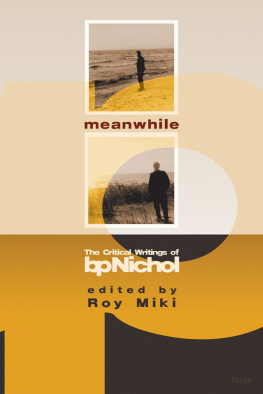
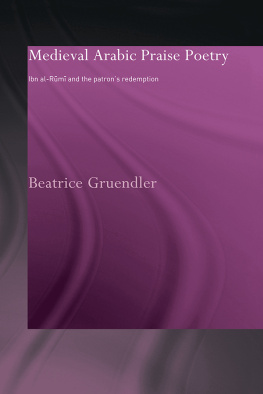
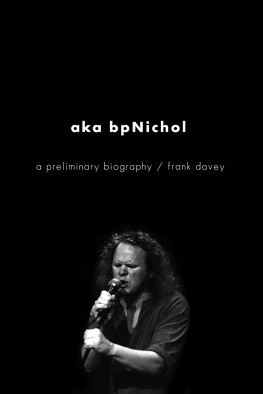
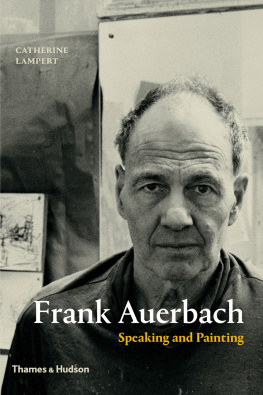
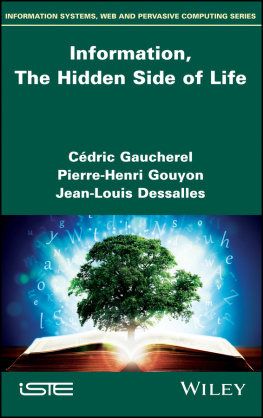
 Text 1993 the Estate of bpNichol
Text 1993 the Estate of bpNichol